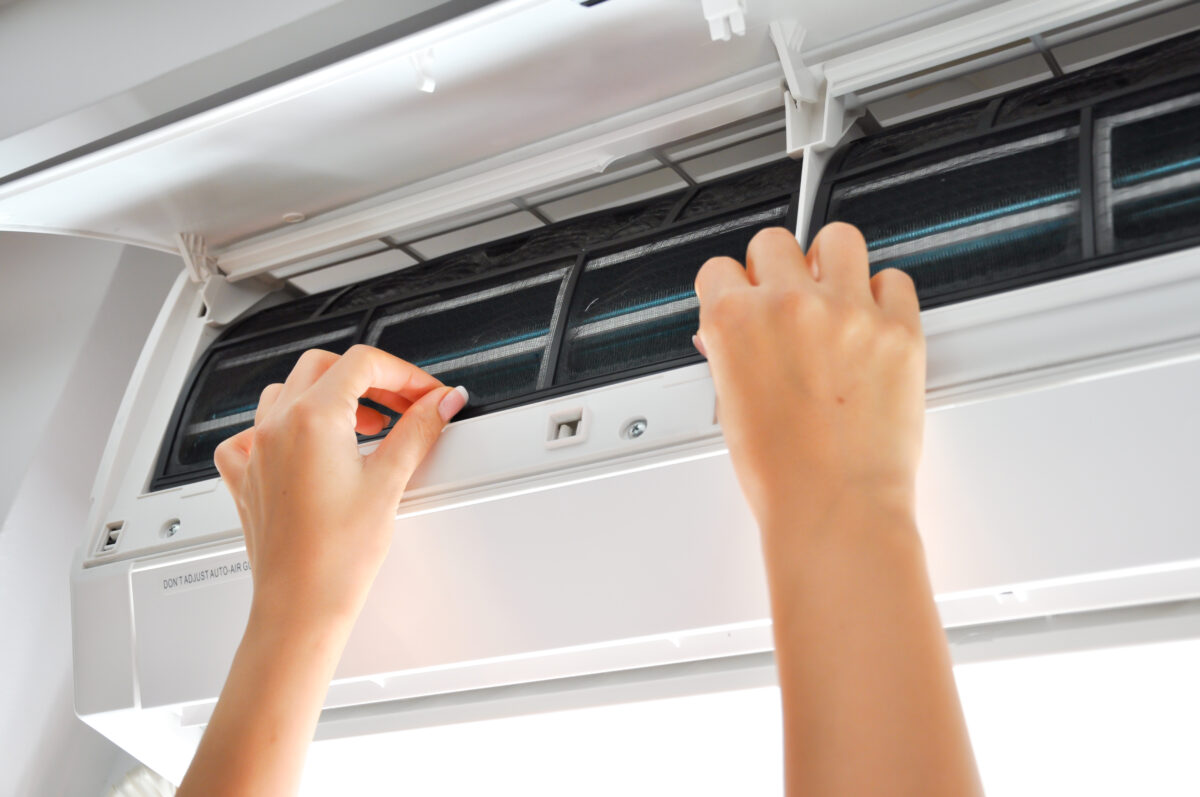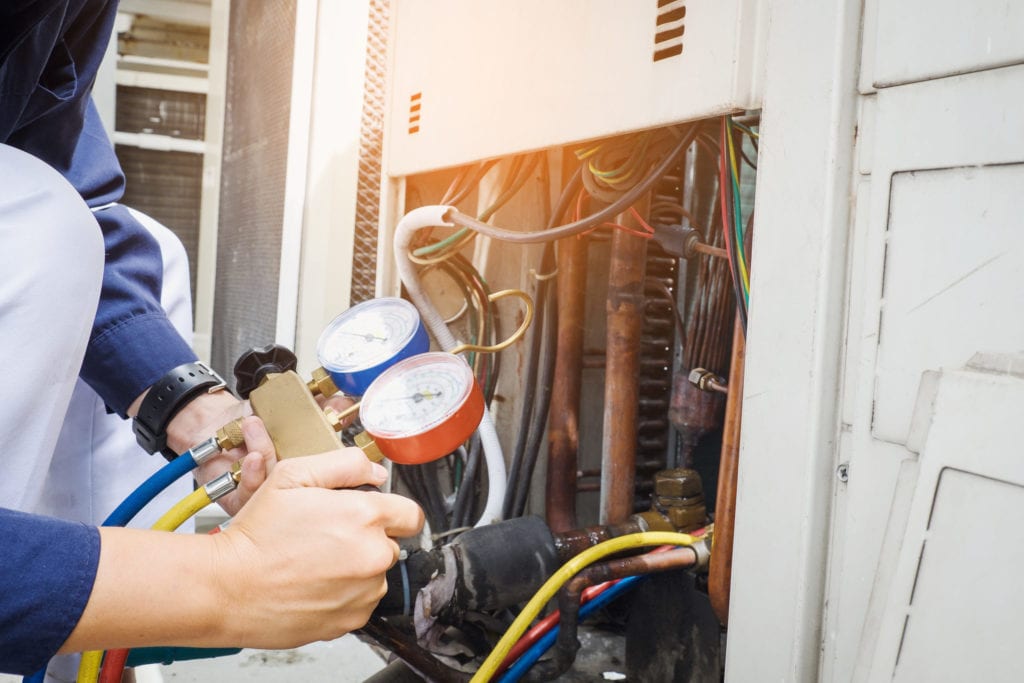Best Home Heating Systems for Your Home
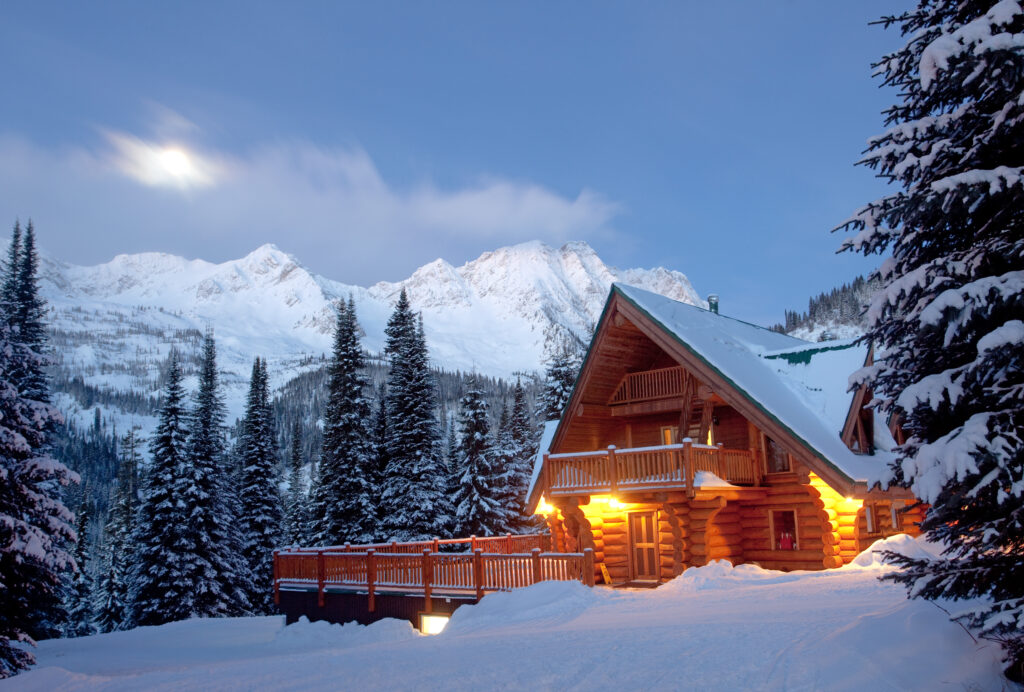
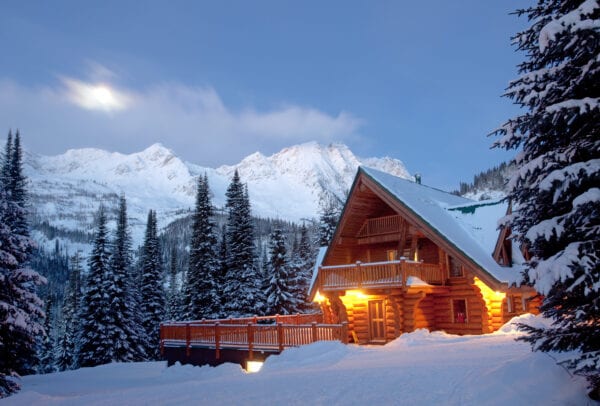 ImagineGolf / Getty Images
ImagineGolf / Getty Images
Depending on where you live, there are most likely at least a few months in each year that using a heat source in your home is necessary. There are several different types of home heating systems to choose from and equally as many important factors to consider when choosing. To help ensure you make the right choice for your home, we’ve created a comprehensive guide on how to select the best home heating system.
Best Home Heating Systems – Factors to Consider
- Cost: Cost is a factor that varies greatly, depending on the type of home heating system selected. When considering cost, it is important to understand all associated costs of the units being reviewed including the upfront costs of the equipment and installation and the ongoing costs associated with maintaining the operating the system. We recommend gathering detailed costs of all options after you have determined your budget.
- Fuel type: Whether you are putting a system into a newly built home or replacing one in an existing home, it is critical to know the fuel type your home will accommodate as well as the fuel options available in your area. Some options may be natural gas, electric, propane, fuel oil, wood, coal or solar.
- Energy efficiency: We recommend reviewing the Annual Fuel Utilization Efficiency rating of all home heating system options. The higher the rating, the more energy-efficient a system is. This is not only a good thing for the environment, but for your bank account too.
- Installation: Getting a reputable professional installer is very important in ensuring successful installation and proper system performance. This guide from Energy Star states that “ improper installation can reduce system efficiency by up to 30 percent—costing you more on your utility bills and possibly shortening the equipment’s life.”
- Customer reviews: What are others saying about the systems you’re considering? Look for sites, like https://www.consumerreports.org that offer unbiased (not affiliated with a home system company) reviews.
- Distribution: Does the system you’re considering use forced air distribution or hot water distribution? Will your home support it?
The Different Types of Home Heating Systems
In no particular order, we have created a list comparing the top five best types of home heating systems that may be available to you.
Gas furnace
Natural gas is the most commonly used heat source in the United States aside from the southern states where electricity is the most common source. Like all furnaces, gas furnaces use a forced-air system to heat a home. While furnaces have been around for a long time, the newer furnaces are known for high AFUE ratings (between 78% and 97%) and are much more efficient than they used to be.
Most gas furnaces use the same duct system that your air conditioner unit does, which means you may be able to save both space and money. Many users of gas furnaces enjoy the steady forced-air heat provided by the forced-air system, with little upkeep. However, it is important to remember that any system can fail. A gas furnace has many working parts of its process to make the heating of your home possible. As such, when a gas furnace malfunctions, there are a number of things that could be wrong. We recommend seeking the help of a professional to repair your gas furnace.
What should you look for when selecting a gas furnace? There are several feature options to consider:
-
- Variable-speed output – some gas furnaces now come with a variable-speed blower that the unit to automatically adjust the amount of heat it puts out.
-
- Ignition – when most people think of a gas furnace, they automatically think of a pilot light. Instead of a pilot light, most gas furnaces today offer direct, intermittent, or hot-surface ignition.
-
- Zoned heating – this may be an option for people with larger homes who want to control the heat at different levels in various areas of the home.
The price of gas furnaces ranges widely from $1800 to $6000 or more, depending on your home heating needs.
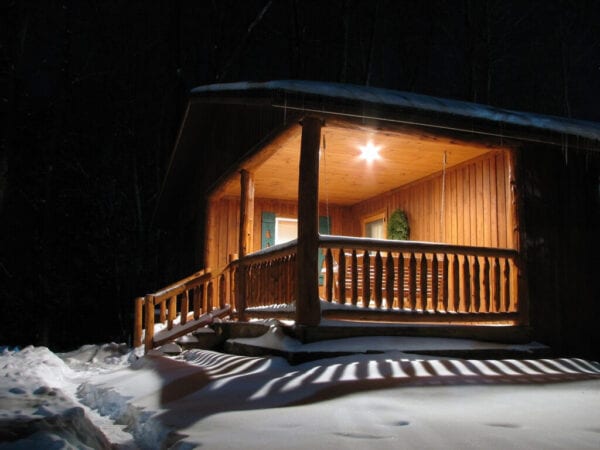 christopherarndt / Getty Images
christopherarndt / Getty Images
Oil furnace
An oil furnace converts oil to heat. Operationally, the oil furnace works very similar to other types of furnaces, except that it uses oil instead of gas or wood. They also use a forced-air system to distribute the heated air throughout your home. While oil furnaces are not quite as energy-efficient as gas furnaces, their AFUE ratings typically still range between 80% and 90%.
Unlike gas, the oil used in oil furnaces is not explosive making it a safe heating option for your home. Another perk of using oil heat is that there is rarely a shortage of heating oil and it is pretty inexpensive at 2.5 to 5.5 times lower than electric-based heating sources. However, if the sources where we get our fossil fuels ever cut us off, we could see shortages and rising prices.
Oil furnace prices typically range from $500-$2500 based on size, brand, and efficiency. These are some important features to consider when selecting an oil furnace:
- Stainless steel components – these will enhance the longevity of your furnace.
- Air swept combustion – allows more heat transfer therefore requiring less fuel.
- Vertical flue tubes – these will make cleaning your furnace much easier.
Wood furnace
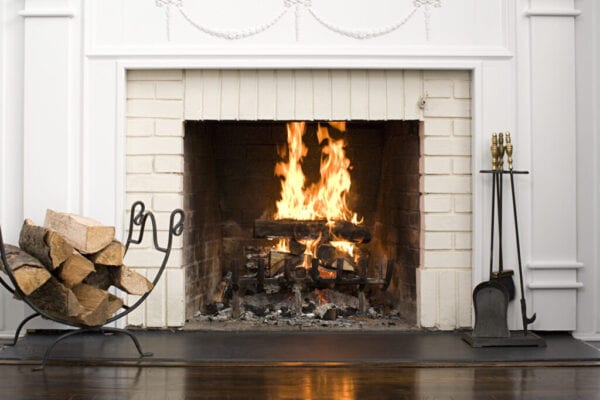
Image Source / Getty Images
The biggest difference between a wood furnace and the other types of furnaces is the source of the heat, wood. Wood furnaces can be located inside or outside of a home and must be loaded with wood to operate. This type of furnace also uses a forced-air system to distribute heat throughout your home.
Out of the furnace options, wood furnaces are the most inexpensive especially if you have an affordable source of wood. However, these furnaces create smoke as well as ash and debris that must be cleaned up regularly.
Wood furnace costs typically range from $2,000 to $10,000 depending on whether it is an indoor or outdoor furnace and the size. Here are some things to look for when shopping for a wood furnace:
- Air wash system – uses fresh air from the outside to keep the inside of the furnace cleaner.
- Ash bin – look for an ash bin that is large, removable and opens from the front of the furnace so that removing the ash is easier and less messy.
- Firebrick – this is important due to the intense heat the inside of your furnace will be exposed to. Firebrick helps to protect the interior and lengthen the life of the furnace.
- EPA certified – furnaces that are EPA certified use less wood and are more energy efficient.
Boiler
The basic concept of a boiler heating system is that it heats water and then uses that heat production to heat your home. But not all boilers are created equally. Depending on the system you’ve selected, your boiler may use either oil, gas, or electricity to initiate the heat production. Boilers use radiant heat distribution as opposed to forced-air heat distribution.
Boilers are known for being a more expensive up-front to purchase and install than furnaces but are typically less expensive to run and therefore, may cost less overall. If you are someone who prefers radiant gradual heating as opposed to air movement, a boiler may be a good option for your home. Because boilers do not use a forced-air system, they also eliminate the potential blowing of dust and allergens throughout your home. They are less energy efficient with standard boilers rating 80%-85% AFUE but you have the option to purchase a high-efficiency boiler with AFUE ratings between 90%-99%.
A standard boiler costs anywhere from $2,000 to $9,000 to purchase and install, depending on which fuel source and energy efficiency level you select. Here are some things to look for when boiler shopping:
- Electronic ignition – eliminates the need for a continual pilot light
- Sealed combustion – uses outside air to fuel the burner which enhances the safety and reliability of the system
Heat pump
Common in the midwest and southern states due to moderate climates, heat pumps use electricity to transfer heat using refrigerant and forced-air. Instead of heating air, these systems simply transfer air from one location to another. Most heat pumps today use an air-source but there are water source, geothermal and absorption options, also.
Heat pump systems can use ducts or be ductless, depending on what you choose for your home. Heat pumps up-front costs tend to be on the more expensive side of home heating systems, with units and installation ranging from $4,800 to $10,000. However, they cost as little as one-quarter of the cost of operating many other home heating systems.
There are several things to options to look for when selecting a heat pump:
- Variable speed – allows you to adjust the temperature at different levels in different areas of your home depending on the zoning system. This feature also helps keep electrical costs down.
- Scroll compressor – provide warmer air than standard compressors with a longer life and quieter operation.
- Desuperheater – this feature allows the heat pump to heat water by using waste heat from the heat pump and could save you money compared to a typical electric water heater.
For a few months throughout the year, more or less depending on your geographical location, heating your home is essential.
It is possible that the type of heating source for your home has already been decided. However, if your home needs a new heating source, or you are building a new home, you have a lot to think about.
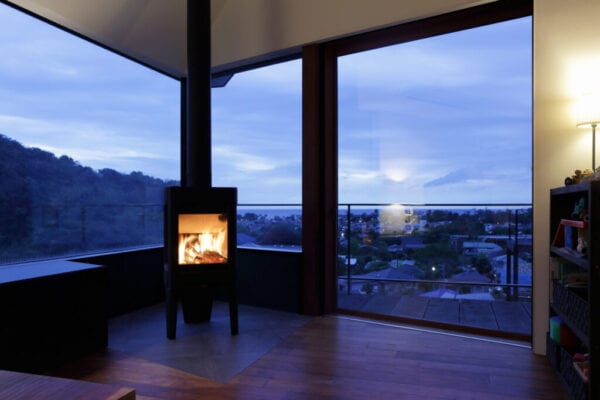
sot / Getty Images

